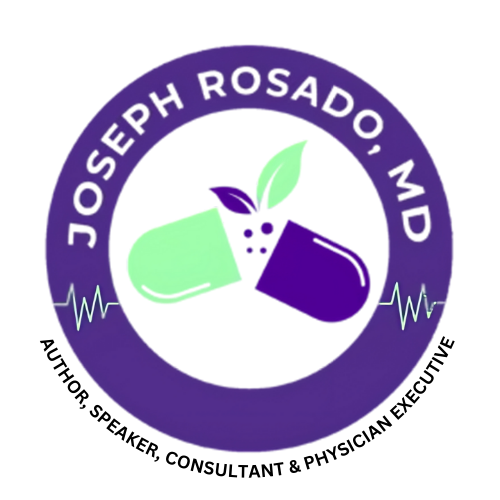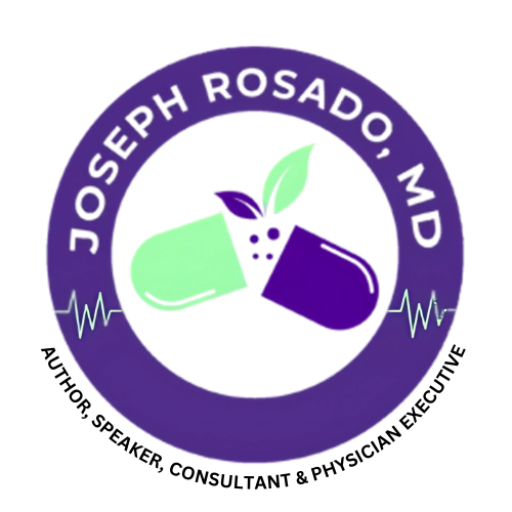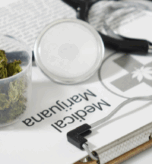Is It Possible for Depression to Just Go Away?

It’s a question I hear often in my practice—from patients, from families, sometimes even from providers:
“Can depression go away on its own?”
It’s an understandable hope.
No one wants to feel broken. And when you’re dealing with the weight of depression, the idea that it might lift naturally can be comforting—maybe even a reason to hold off on seeking help.
But here’s what the research shows, and what I’ve personally seen in years of working with people struggling with depression:
Sometimes, depression does ease without treatment—but far more often, it lingers, deepens, or quietly reshapes how you live.
In this guide, I’ll walk you through what science has uncovered, how to know if you might recover naturally, and when it’s time to intervene—so you can take steps that align with what your mind and body truly need.
What Is Depression, Really?

Before we talk about outcomes, we need to define the condition.
Clinical depression—or major depressive disorder—isn’t just prolonged sadness.
It’s a medical condition that affects:
- How you think
- How you feel
- How you function
Symptoms often include:
- Loss of interest in daily activities
- Sleep and appetite changes
- Fatigue or lack of motivation
- Low self-worth or guilt
- Difficulty concentrating
- Persistent sadness or emotional numbness
- Thoughts of self-harm or hopelessness
Depression can affect your relationships, your work, and even your physical health. Left untreated, it often becomes more than just an emotional burden—it becomes a biological and neurological one too.
Can Depression Go Away Without Treatment?

Here’s What the Research Tells Us:
- Mild depression may resolve on its own in certain people—especially when it’s tied to a specific, short-term stressor.
- Moderate to severe depression almost always requires some form of intervention to fully resolve.
- Studies show that untreated depression can last months or years, and increases the risk of relapse or future depressive episodes.
In a long-term study published in The Journal of Affective Disorders, over 80% of untreated individuals with major depression experienced a recurrence within five years.
That’s not a small number.
When Depression Might Ease on Its Own
There are a few scenarios where natural recovery is more likely. You may start to feel better over time if:
- Your depression is situational (e.g., grief, job loss, breakup)
- You have strong emotional support from family or friends
- You maintain stable daily routines and sleep patterns
- You engage in regular physical activity or mindfulness
- You don’t have a family history of mood disorders
- Your symptoms have lasted less than two weeks
Even in these cases, however, it’s wise to check in with a mental health professional.
Sometimes what looks “mild” on the outside can still feel unbearable inside.
When Depression Does Not Go Away

In my experience, depression that lasts more than two to three weeks rarely resolves fully without intervention—especially when it:
- Affects your ability to function
- Makes it hard to connect with others
- Interrupts sleep, appetite, or concentration
- Feels overwhelming or heavy every day
- Includes thoughts of self-harm, hopelessness, or isolation
The longer depression goes untreated, the more it can rewire your brain’s stress response, blunt your motivation, and limit your emotional resilience.
That’s not weakness—it’s neurochemistry.
And it’s why waiting it out can sometimes make recovery even harder.
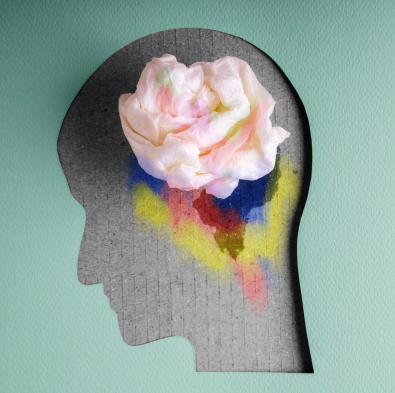
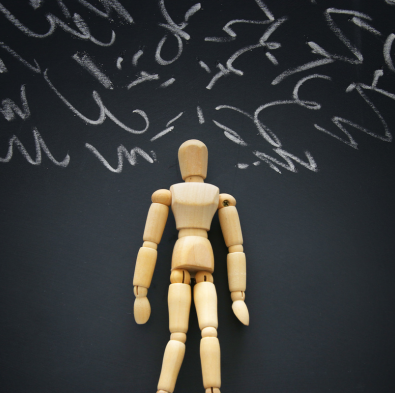
How Depression Changes the Brain Over Time
Let’s talk science for a moment.
Untreated depression has been shown to:
- Shrink the hippocampus (the part of your brain involved in memory and emotion)
- Disrupt the balance of serotonin, dopamine, and glutamate
- Increase inflammation, which affects both mental and physical health
- Impair neuroplasticity, making it harder to “bounce back”
That’s why the most effective treatments for depression don’t just lift your mood—they help your brain heal.
My Perspective: What I’ve Seen in My Patients
Over the years, I’ve worked with patients who spent months—sometimes years—hoping their depression would just disappear.
They told themselves it was just stress. That it would pass. That they needed to “tough it out.”
By the time they walked into my office, many of them had lost more than just time.
They had lost relationships.
Momentum.
Joy.
Confidence in themselves.
But here’s the part I never get tired of witnessing:
When they get the right help, things start to shift—often faster than they expected.
Whether it’s through therapy, medication, ketamine-assisted treatment, or integrative lifestyle strategies, I’ve seen people go from surviving to truly living again.

Not Sure If You Need Help? Start Here.
If you’ve been feeling low for more than two weeks, ask yourself:
- Am I withdrawing from the people I love?
- Am I struggling to get out of bed or complete tasks?
- Do I feel numb, hopeless, or like I’m on autopilot?
- Is the sadness interfering with my work, parenting, or social life?
- Have I lost interest in things that used to matter?
If you answered yes to even two or three, it’s worth talking to a provider.
Ready to Take the First Step Toward Healing?
If you’re hoping things will get better but you’re not sure what to do next, I invite you to talk to someone who understands what you’re going through—and knows how to help.
Schedule a consultation with me today.
We’ll explore what you’re experiencing, what your brain might need, and what’s possible from here.
Treatment Options That Support True Recovery
Common Interventions That Work:
- Talk Therapy: CBT, DBT, or trauma-focused approaches
- Antidepressant Medications: SSRIs, SNRIs, atypical antidepressant
- Ketamine Therapy: Rapid relief for treatment-resistant depression
- Lifestyle Optimization: Sleep, nutrition, movement, and social reconnection
- Functional Medicine: Root-cause exploration for inflammation, nutrient deficiencies, hormone imbalances
Depression isn’t always something you can “think” your way out of—but it is something you can treat, support, and recover from.

Frequently Asked Questions (FAQs)
Mild, situational depression might ease over time. But moderate or severe depression typically needs treatment for full recovery.
If your symptoms last more than 2 weeks or interfere with your life, seek help right away.
Absolutely—but do so under medical guidance. Some cases improve with lifestyle changes; others require more targeted support.
Chronic untreated depression can last for years and may lead to physical and emotional complications.
Not at all. Reaching out is a sign of strength. It shows you care about yourself and your future.
If you don’t qualify, you may not receive a recommendation—and you won’t be charged in many cases.
Yes—for some. Therapy, lifestyle changes, and holistic care may be enough. But others benefit from or require medication support.
Ketamine works by rapidly boosting glutamate, helping repair damaged brain pathways and easing symptoms quickly—often within 24–48 hours.
It’s never too late to heal. Even long-standing depression can respond well to the right treatment plan.
Not necessarily. Many patients recover and eventually taper off medication or therapy with proper guidance.
Looking Ahead: Why You Don’t Have to Wait for Things to Get Worse
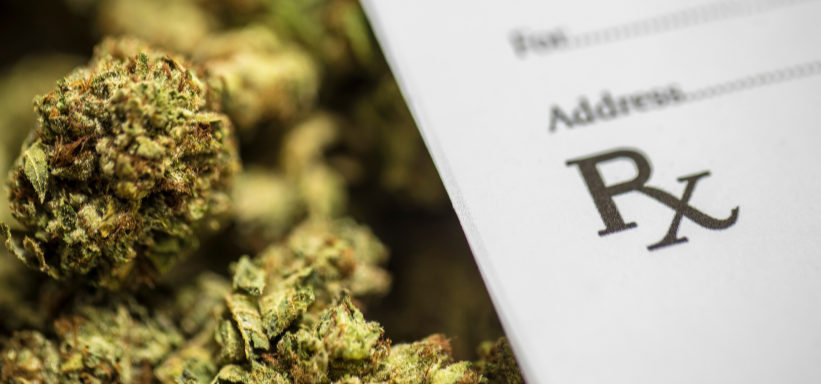
Some people feel like they have to “hit rock bottom” before they’re allowed to ask for help.
I’m here to tell you—that’s not true.
You don’t have to wait until you’re completely overwhelmed.
You don’t have to “prove” your suffering is valid.
If something feels off, heavy, or unmanageable—it’s worth addressing now.
Getting help doesn’t mean you’re weak.
It means you’re ready to stop waiting and start healing.
